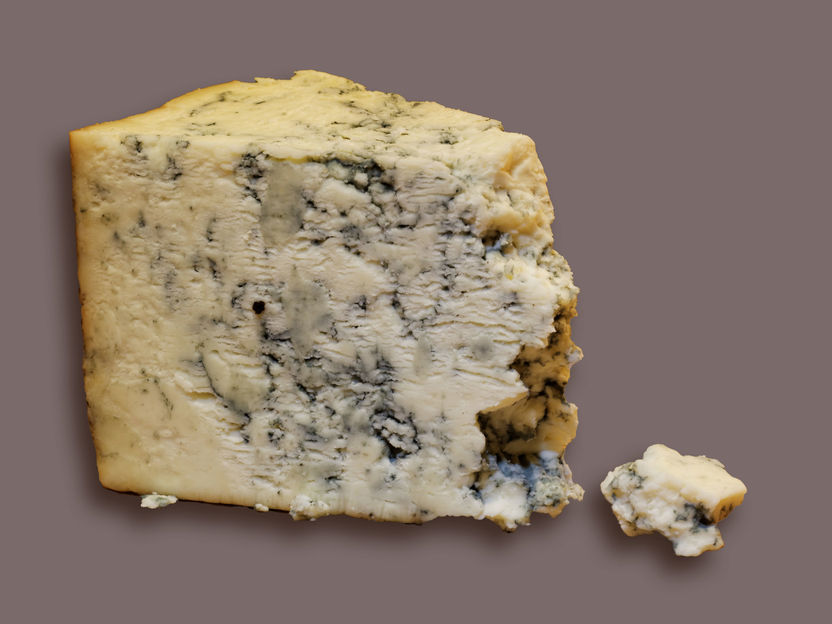Roquefort manufacturer pissed off about Nutri-Score classification
Advertisement
The makers of French Roquefort are up in arms because their blue cheese scored very poorly on a Nutri-Score rating. The health logo could mislead consumers into thinking that the cheese is therefore also very bad for their health, the producers said on Monday, as broadcaster France 3 reported. If the EU made such a nutri-score a requirement, it would have a devastating impact on sales, the producers warned. Roquefort would have to be exempt from the nutrient "traffic light". The rating involves categorising foods on a logo as A to E, depending on their health benefits, and marking them on a colour scale from green to red.

pixabay
Although Roquefort is salty and fatty, the average daily consumption in France is only 30 grams, which is below the 100 grams required for classification, argued Jérôme Faramond, vice-president of the Roquefort Confederation. The positive effect of the sheep's milk used for the cheese is also not taken into account. 7000 tons of Roquefort are produced annually in the region around the town of the same name, 25 percent are exported, for example to Spain and Germany.
The Nutri-Score system developed in France includes not only sugar, fat and salt, but also recommended elements such as fibre, protein or proportions of fruit and vegetables. Points are awarded for the amounts per 100 grams in each case. The result is an overall score, which is shown on a scale: from "A" on a green field for the most favourable balance to a yellow "C" and a red "E" for the least favourable category of food. In 2020, the logo was introduced in Germany, as previously in France, on a voluntary basis.
Note: This article has been translated using a computer system without human intervention. LUMITOS offers these automatic translations to present a wider range of current news. Since this article has been translated with automatic translation, it is possible that it contains errors in vocabulary, syntax or grammar. The original article in German can be found here.
Other news from the department business & finance

Get the food & beverage industry in your inbox
By submitting this form you agree that LUMITOS AG will send you the newsletter(s) selected above by email. Your data will not be passed on to third parties. Your data will be stored and processed in accordance with our data protection regulations. LUMITOS may contact you by email for the purpose of advertising or market and opinion surveys. You can revoke your consent at any time without giving reasons to LUMITOS AG, Ernst-Augustin-Str. 2, 12489 Berlin, Germany or by e-mail at revoke@lumitos.com with effect for the future. In addition, each email contains a link to unsubscribe from the corresponding newsletter.




























































